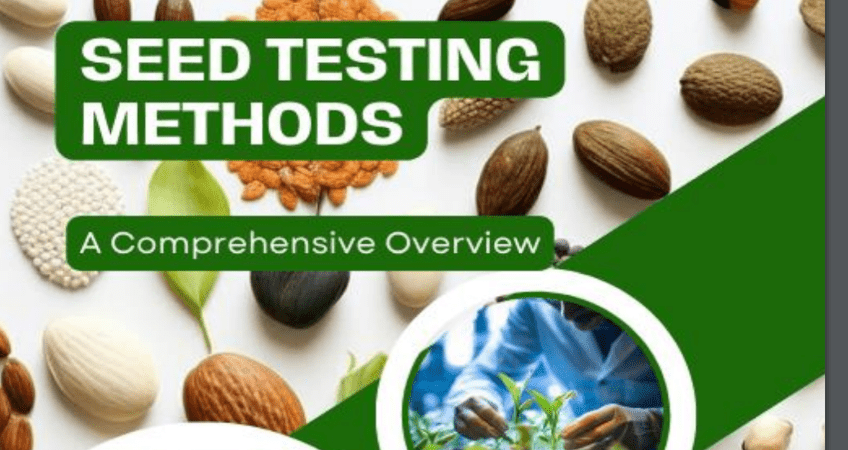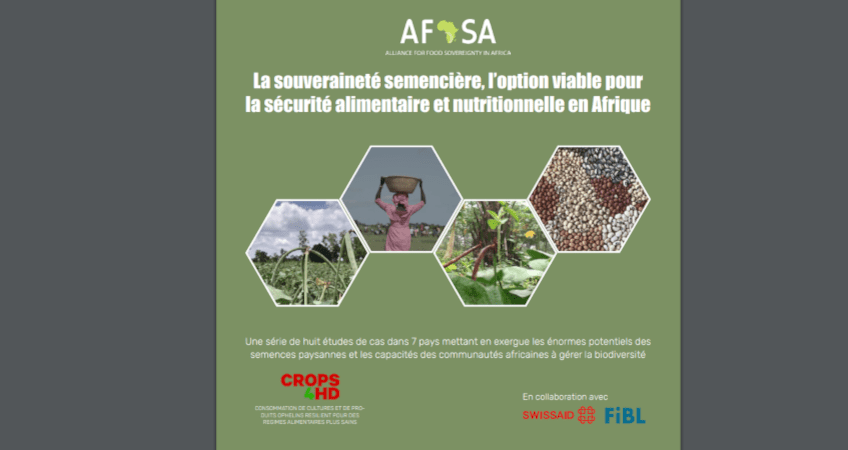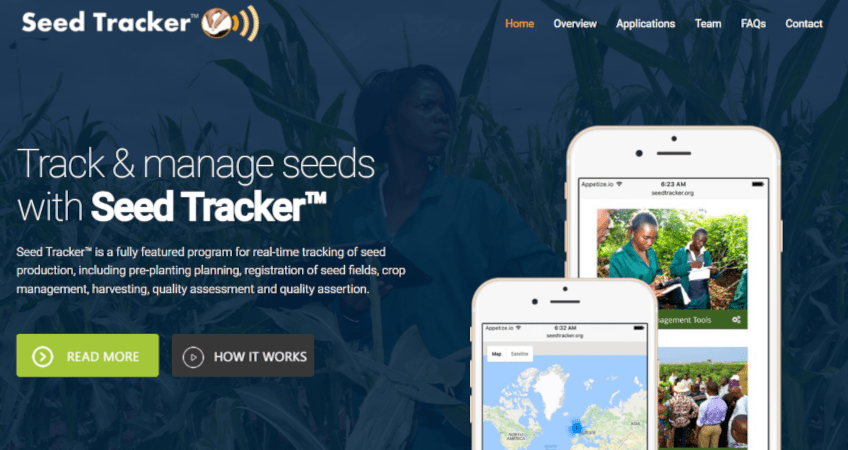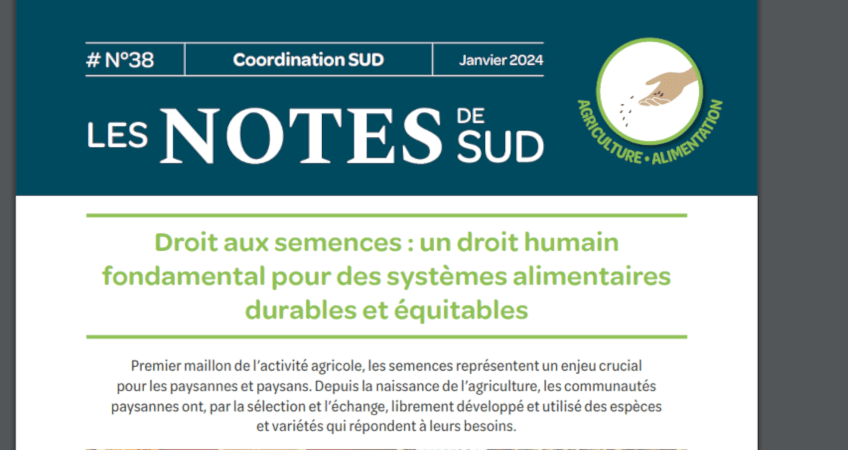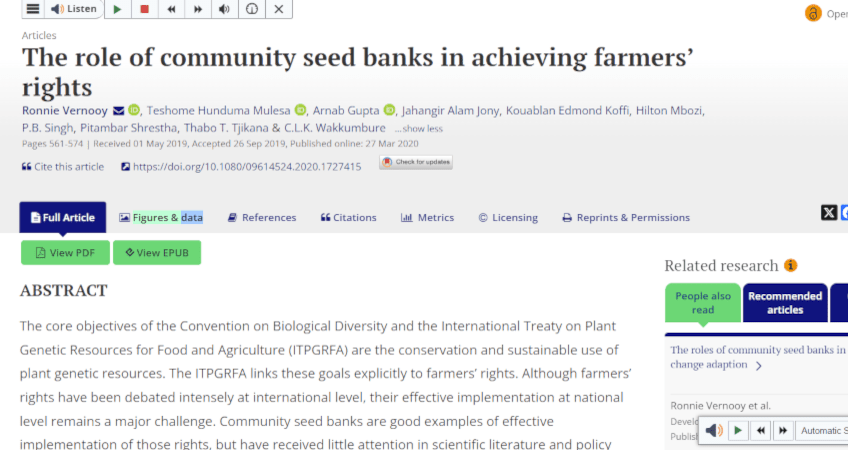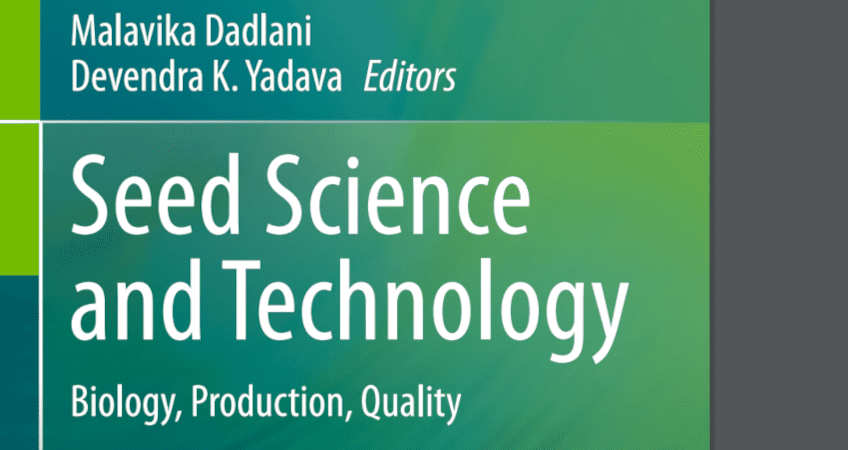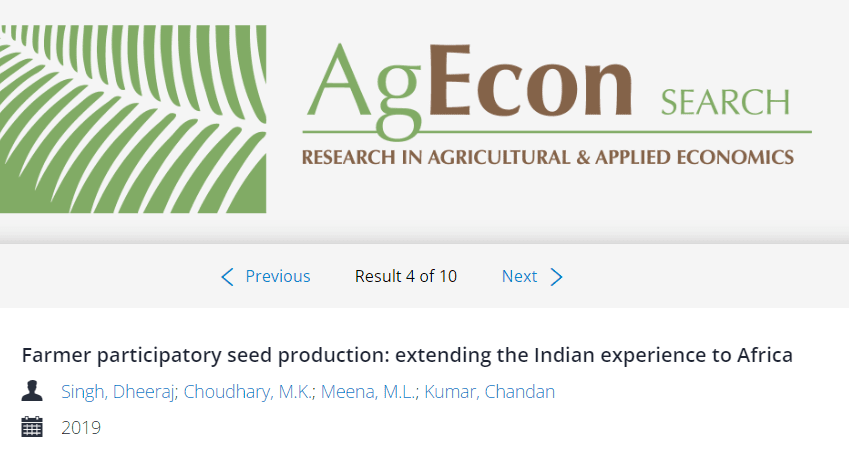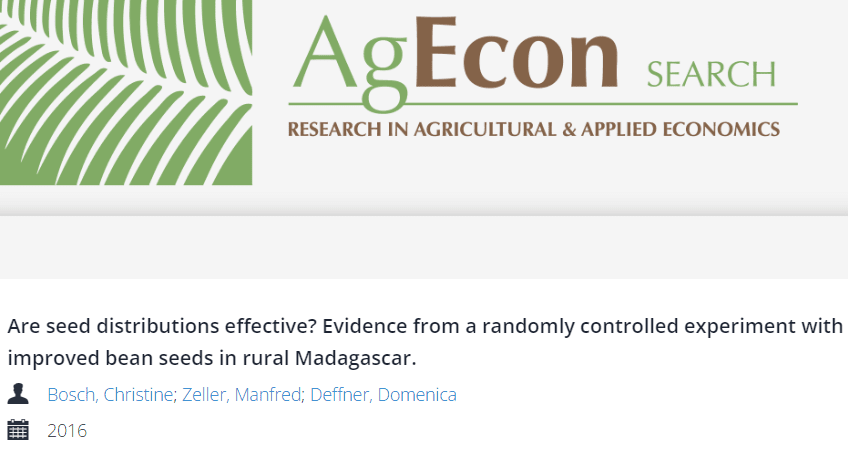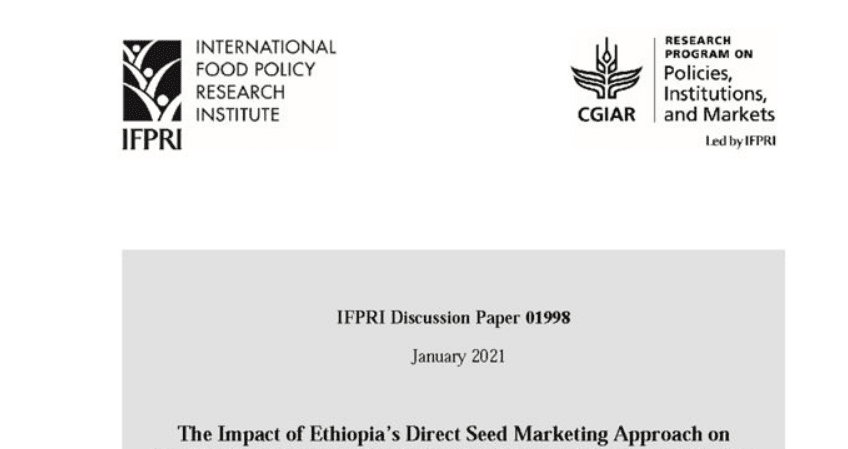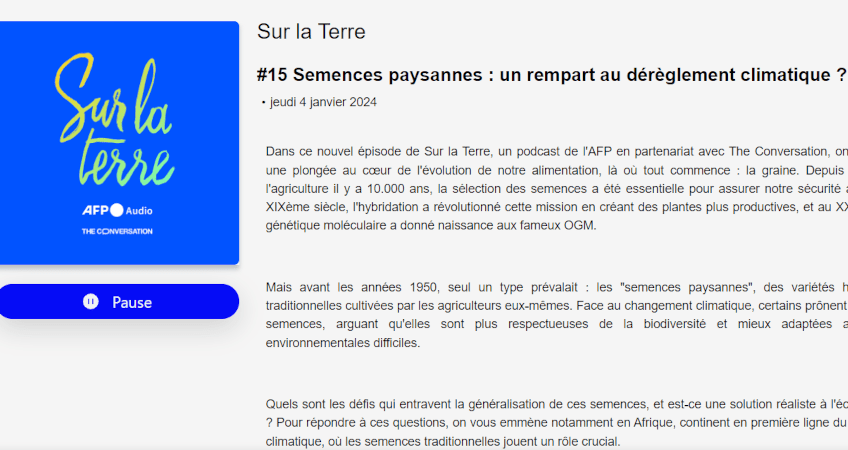
Week 135 – Podcast: Farmer Seeds: A Barrier Against Climate Change?
Author: Sur la Terre, Camille Kauffmann
Keywords: farmer seeds, biodiversity
“In this new episode of Sur la Terre, a podcast by AFP in partnership with The Conversation, we take a deep dive into the evolution of our food, where it all begins: the seed. Since the beginning of agriculture 10,000 years ago, seed selection has been essential to ensure our food security. In the 19th century, hybridization revolutionized this mission by creating more productive plants, and in the 20th century, molecular genetics gave birth to the famous GMOs.
But before the 1950s, only one type prevailed: “farmer seeds,” heterogeneous and traditional varieties cultivated by farmers themselves. Faced with climate change, some advocate for a return to these seeds, arguing that they are more respectful of biodiversity and better adapted to difficult environmental conditions.
What are the challenges that hinder the widespread use of these seeds, and is it a realistic solution on a global scale? To answer these questions, we take you to Africa, a continent on the front line of climate change, where traditional seeds play a crucial role.”
Click on the following link to access the content: https://shows.acast.com/64c3b1758e16bd0011b77c44/episodes/15-semences-paysannes-un-rempart-au-dereglement-climatique
© Sur la Terre
